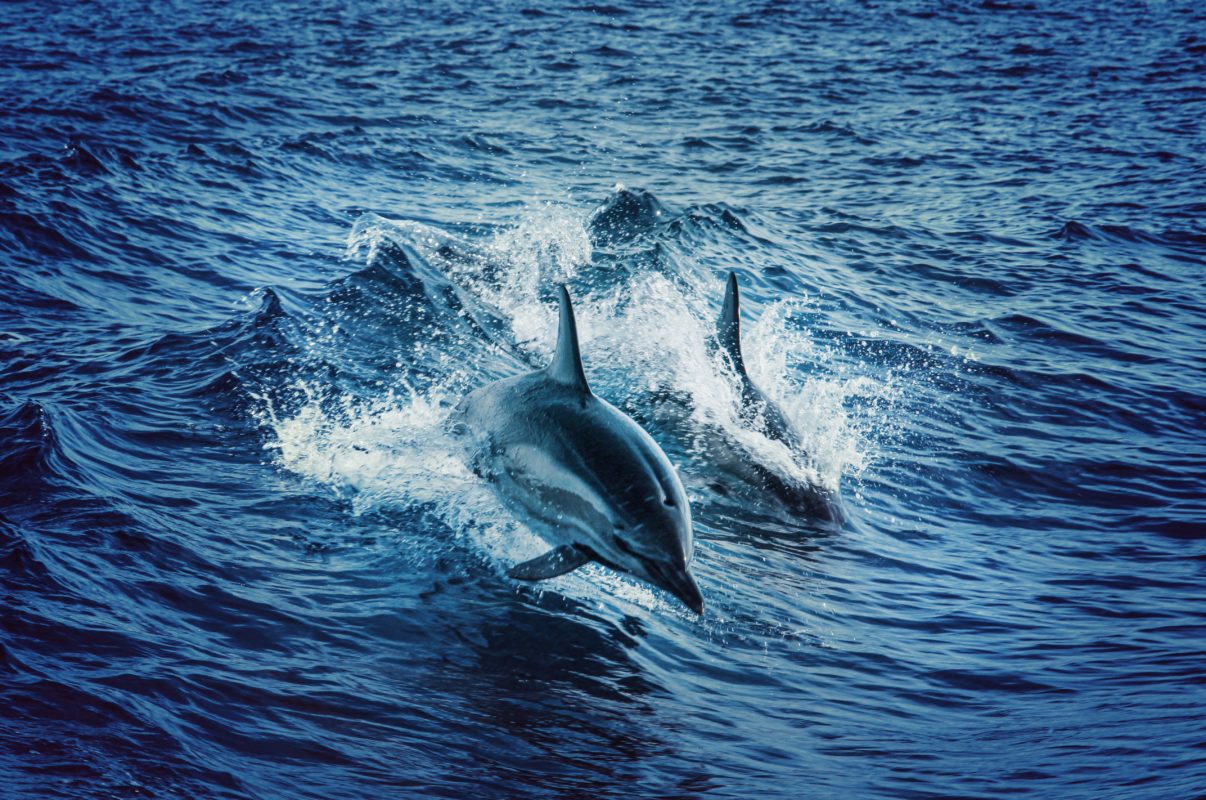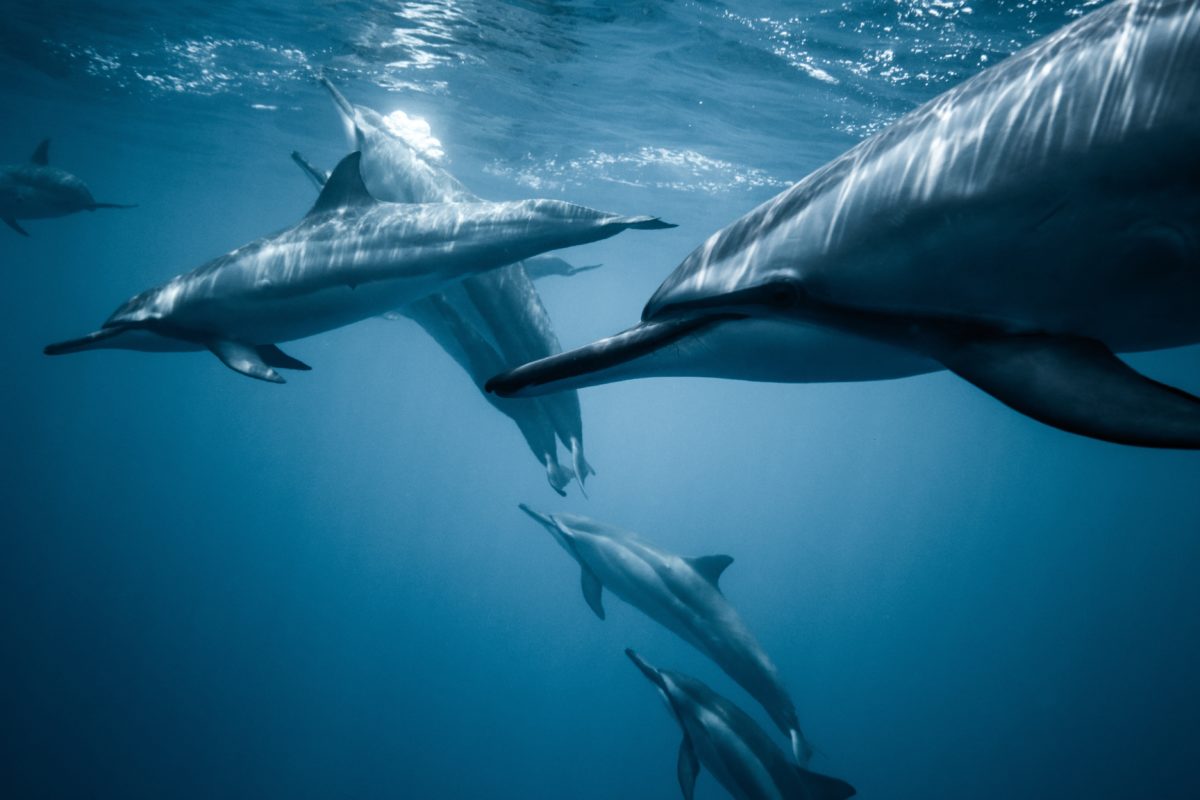There are only 63 Māui dolphins left in the whole world and New Zealand has almost no data about them. The island’s effort to save them from extinction may come in the form of using a drone-chasing mechanism. The drones have the capacity to keep track of the water, where the dolphins get close to the fisherman and the tracking data can help visualise the swimming patterns.
The MAUI63, the team responsible for the drone project will allow the WWF to understand their patterns. However, this endeavour comes at a cost. The project has a price tag of $350,000 and the WWF is asking New Zealanders to help realise this project in order to buy and operate the drone.
Understanding the patterns of these mammals is a key part of saving them from extinction. Between 1921 and 2015, more than 71% of the 301 Hector and Māui dolphins were killed due to fishing gear entanglement. With the aid of information collected through drones, wildlife conservators can warn fishers when the whales get too close to fishing areas. In doing so, fishers can avoid certain fishing areas at certain months to provide adequate room for the whales to room.
The country’s Civil Aviation Authority has approved the drone project and has allowed for a 50x optical zoom on the mammals. The drone is expected to provide a 90% accuracy on distinguishing Hector and Māui dolphins from other whale species. Additionally, the drone will come with a capacity to follow the dolphins for up to six hours through artificial intelligence.
Backed up by the WWF, MAUI63 will release the drone at the core of the dolphin’s territory, near Raglan and then commence the drone-chasing exercise. Drone use isn’t a new project in the category of wildlife conservation. In fact, the WWF has supported many drone-uses across multiple conservation projects. For example, WWF Canada utilises drones to track the Beluga whales whilst WWF Tanzania uses drones to keep the country’s wildlife protected from poachers.
The project, with a $350,000 price tag, is open to contribution from a plethora of organisations and governing bodies including businesses, not-for-profits, government agencies and individuals, as well. MAUI63 and WWF New Zealand are quite confident that the contributions will flow in before Christmas to allow for an early 2020 kickstart.
Prior to the project commencing, world-renowned marine researcher, Rochelle Constantine wanted to find a way to use artificial intelligence to provide data needed to save marine mammals. The key wasn’t just gathering information but doing so in a non-invasive way that avoids any harm or bother to the dolphins. To test this capacity, MAUI63, a team of tech-backed researchers borrowed a drone and commenced testing. From the get-go, the data showed tremendous promise that catapulted the entire project into a sure-fire success.
The drone, as mentioned previously, can capture exceptional data including dolphin habitat, behaviour, changes in water colour and much more. Drones are becoming more and more prevalent, from recreational use to conservative measures such as the MAU63 project. The use of drones in this project is a stepping to stone for further use. It opens up the capacity to gather data on a variety of other marine specifies including other families of dolphins, seabirds and even whales.
Seeing as the biggest threat to these dolphins are location-based, MAUI63 can track dolphins at an individual level and minimise predators, climate change and even toxoplasmosis from becoming a threat.
In partnership with The University of Auckland, WWF and Aerotech Innovation, the project has a fruitful goal. To put in a nutshell, the project will uniquely identify individual dolphins through fin markings. Additionally, the project will seek to differentiate between adults and calves. The research will track dolphin activity based on surveys to create accurate spatial distribution models of the mammal’s behaviour. By automating the entire surveying process of these dolphins, regular and consistent data can be captured which can be spread to other critically endangered marine animals.
Drones are becoming more and more common across a variety of uses – be that recreational or for marine conservative processes. As New Zealand’s leading independent drone repairer, The Core is your one-stop-shop for all things drone-related. Whether you’re looking for a quick fix or an in-depth maintenance request, The Core will do it all. With an expert team of technicians, The Core will assist in just about any drone repair Auckland service. The Core is committed to trusted, affordable and efficient service. Call them today for your drone repair NZ.


